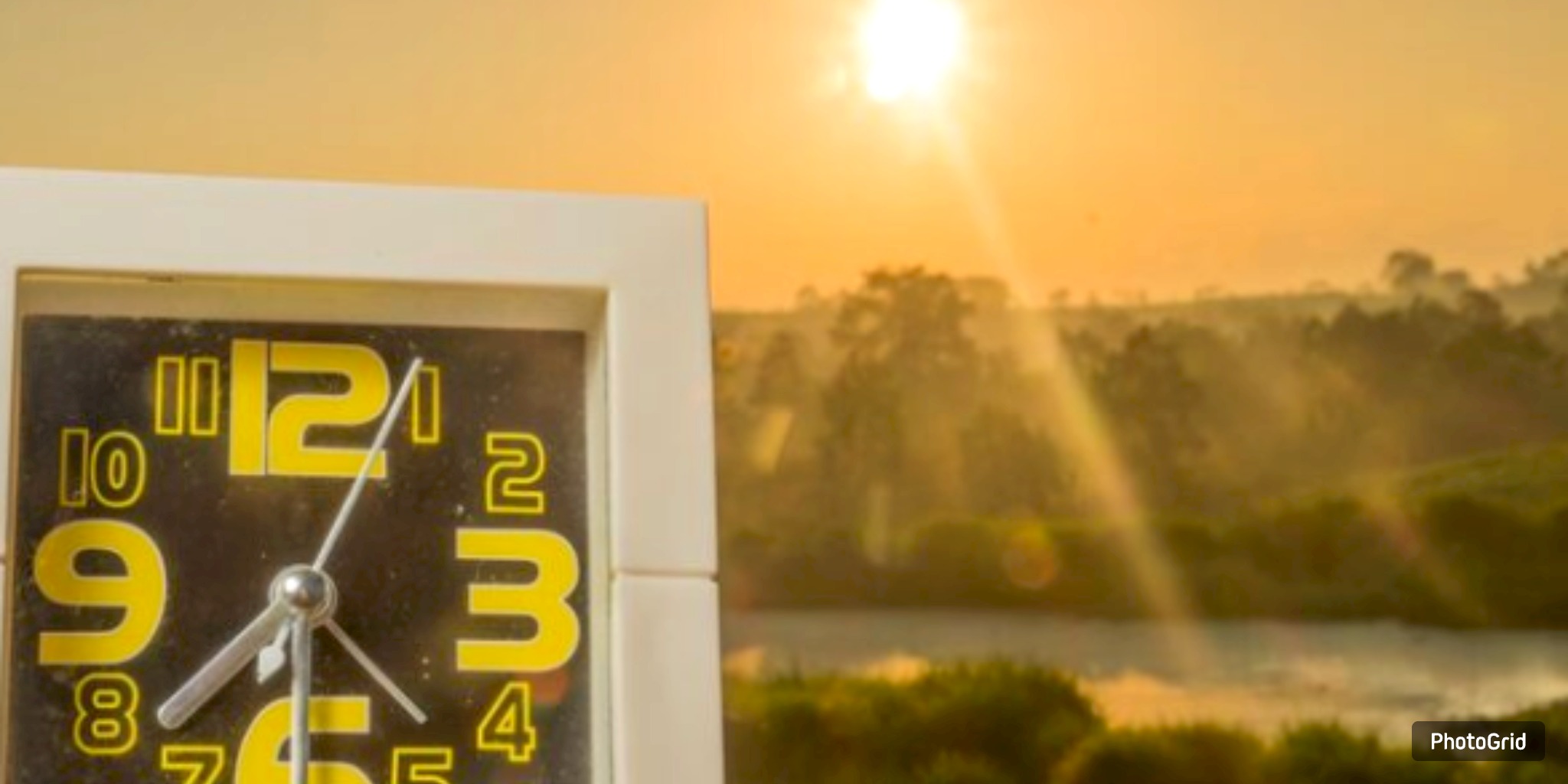
Texans can look forward to an additional hour of rest this weekend, as clocks will be set back at 2 a.m. on Sunday, Nov. 2, marking the end of Daylight Saving Time across the state.
The U.S. Department of Transportation has announced that a majority of Texas will revert to Central Standard Time. Residents in the far western regions, such as El Paso and Hudspeth counties, will transition to Mountain Standard Time.
The conclusion of Daylight Saving Time will result in significantly earlier sunsets across the state. On Sunday in Dallas, the sun will set at approximately 5:38 p.m. In contrast, in Houston, dusk will fall around 5:34 p.m. Austin and San Antonio will see the sunset near 5:45 p.m., while in El Paso, the sun is set to dip below the horizon at approximately 4:59 p.m. Mountain Time.
As we gain an extra hour of rest with the time change, public safety officials emphasize that this moment is also a chance to review and ensure the functionality of household safety devices. Fire departments throughout Texas are urging residents to check their smoke and carbon monoxide detectors and replace batteries as needed.
The Texas State Fire Marshal’s Office emphasized in a statement, “Changing the clocks serves as a timely reminder to ensure your alarms are functioning properly.” "A properly functioning smoke detector can make the difference between survival and tragedy."
On Sunday, March 8, 2026, clocks will once again “spring forward” one hour as Daylight Saving Time resumes. As winter approaches, Texans will experience shorter days and longer nights.
















From breaking news to thought-provoking opinion pieces, our newsletter keeps you informed and engaged with what matters most. Subscribe today and join our community of readers staying ahead of the curve.